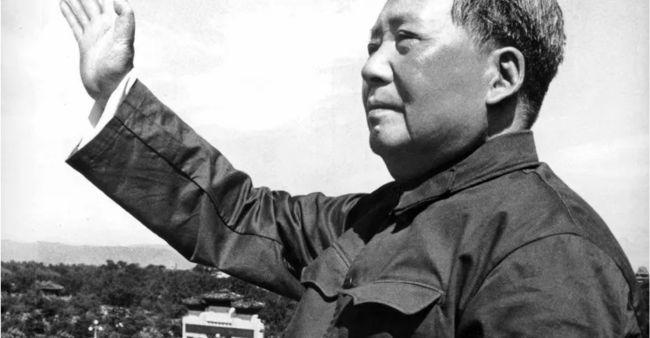The CCP has changed significant parts of the chemistry of Chinese culture, while India has an unbroken civilisational heritage of over 5,000 years that has several points of commonality with traditional Chinese culture.
The founder of the People’s Republic of China, Mao Zedong, was consistent in his view that only the Communist Party or China (CPC), otherwise known as the Chinese Communist Party (CCP), could bring back the Chinese nation to its lost position as the world’s Middle Kingdom. Of course, his way of managing the party and through that the country was in many ways different from his successors. Rather than a pyramidal structure of authority, in which a smaller and smaller group
During Mao’s rule and subsequently, the CCP altered traditional Chinese culture to a degree that is now impossible to reverse. It is therefore ironic that it is as the inheritors and indeed protectors of traditional Chinese culture that the CCP has sought to build fealty to itself inside the large and significantly prosperous ethnic Chinese community throughout the world, especially in Southeast Asia. Especially since the economy of the PRC took off in the 1990s, the United Front wings of the CCP have sought to generate a sense of pride within the ethnic Chinese community worldwide at such hard power. They sought to instil in them an identification of the success of the PRC under the CCP as the success of the ethnic Chinese community as a whole. In the past, when the relationship between the PRC and the Atlantic Alliance was close, and before large chunks of sea, air and land spaces belonging to neighbours was claimed by the PRC, loyalty both to the country of their citizenship as well as to the PRC created no problem. However, with the intensification of tensions between China and the US , not to mention tensions with other countries such as several members of ASEAN, such a duality of interests is becoming less and less tenable. Ethnic Chinese with passports other than what has been issued by the PRC, Hong Kong or Macau are discovering that their local laws are increasingly making it untenable for them to respond to United Front pressure to act in a manner that serves not the interests of the country of their domicile but those of the PRC, two streams that are no longer flowing in a convergent manner. At the same time, ever since the taking over as CCP General Secretary of Xi Jinping in 2012, the list of demands (on, in the view of the CCP, proofs of support to the “great rejuvenation of the Chinese nation”) on ethnic Han Chinese with passports other than those issued by the PRC has only grown.
Simultaneously, production of items in, or sourcing of items from, China is becoming more problematic as a consequence of what is termed “de-risking”, but which in effect are moves meant to ensure that reliance on the PRC in supply chains get steadily reduced by other countries.
The CCP has changed significant parts of the chemistry of Chinese culture, while India has an unbroken civilisational heritage of over 5,000 years that has several points of commonality with traditional Chinese culture. Care needs to be taken to avoid a common error, which is to confuse Chinese culture with Chinese Communist Party culture, for the two differ in ways that make the CCP’s presumption of sameness between the two incorrect. Not only is Chinese Communist culture not the same as Chinese culture, a CCP cadre has a culture that differs from the rest of the population of the PRC, while the higher the level of an individual within the machinery of governance and control crafted by the CCP, the more is the difference between such “high flyers” and ordinary CCP members. Observing tourists from China in Southeast Asia in particular, the difference in behaviour patterns between high level and other cadres, and between communist cadres and non-cadres, becomes clear. Given such a growing disconnect, many in the Overseas Chinese community who are proud of their traditional culture are losing their earlier admiration and attraction for the PRC, and may as a consequence join those who are looking to decouple supply chains from the world’s authoritarian superpower, a trend that is already taking place with respect to Taiwan.

